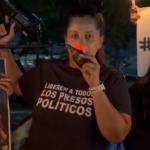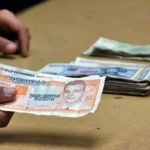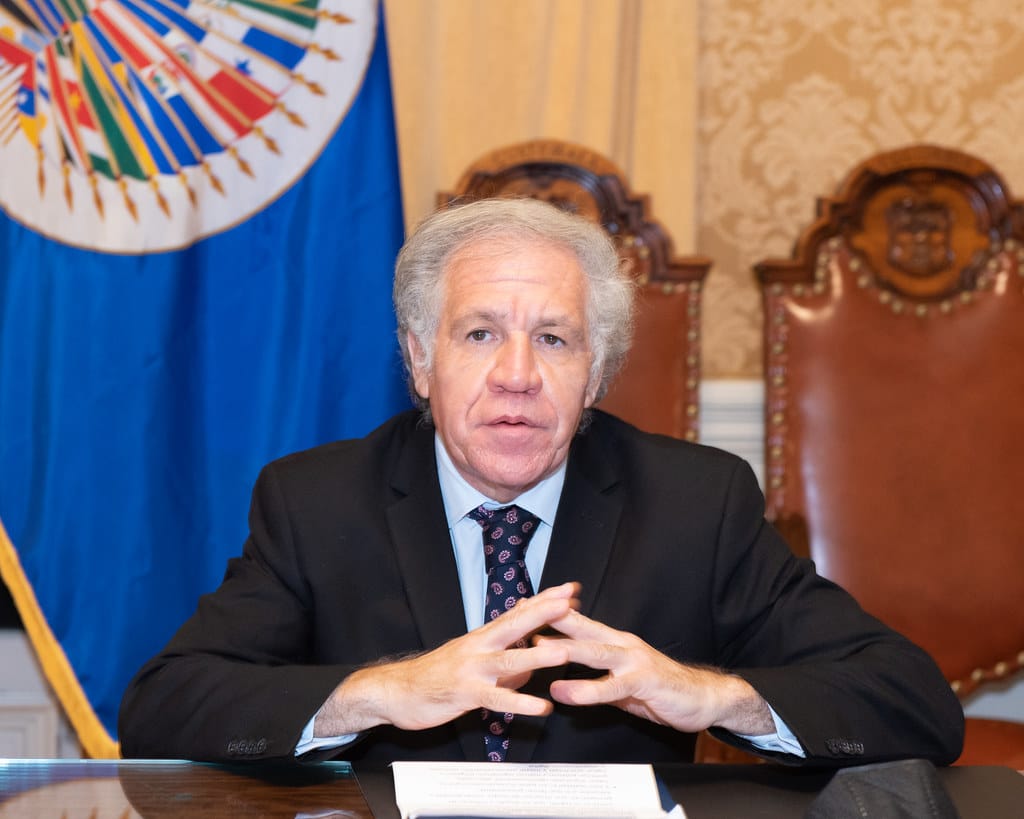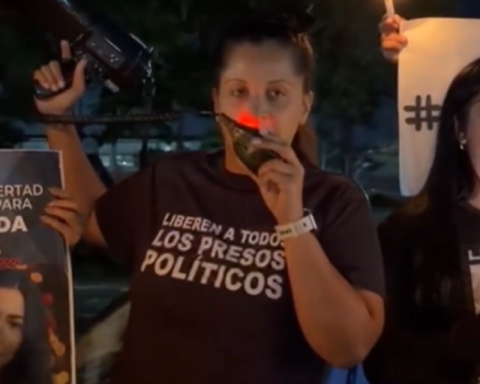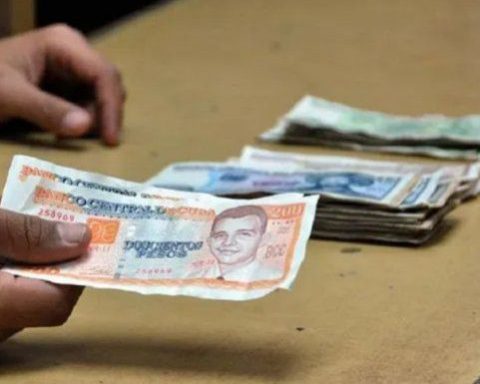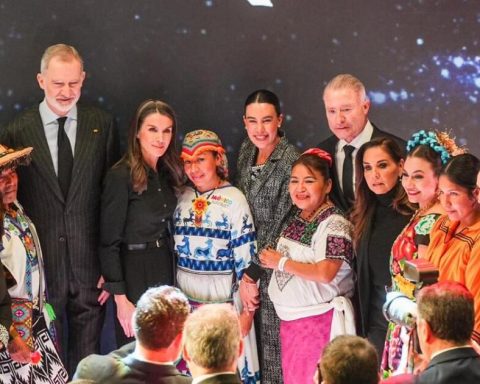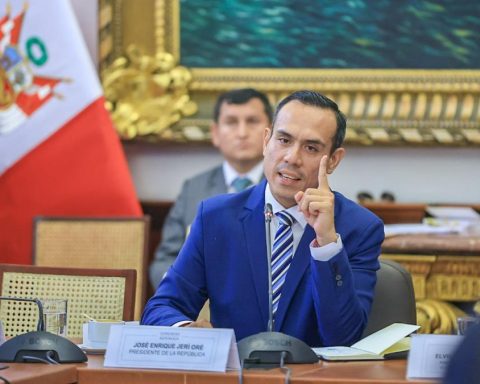Santiago, Chile | AFP | Divided between fear and hope, Chile elects president this Sunday in an unprecedented second round due to the confrontation of two options in ideological antipodes, with projects that promise a change to the social model or neoliberal continuity.
The far-right lawyer José Antonio Kast, 55, faces the young left-wing deputy Gabriel Boric, 35, the minimum age to run for the presidency in Chile.
The winner of the day will succeed the conservative Sebastián Piñera on March 11, 2022, who was the first to cast his vote at a school in the Las Condes neighborhood of Santiago. “It is very important that everyone participate. Today the voice of the candidates is turned off and the voice of the people is heard,” said the president.
The election, in which more than 15 million Chileans are called to vote voluntarily between 11:00 GMT and 21:00 GMT, weighs the specter of abstentionism, which in the first round of November 21 exceeded 50%.
The first results of the voting by Chileans in Australia, New Zealand, Korea and Japan gave Boric a resounding victory, according to consular records released in Chile.
Candidate for the Republican Party, Kast offers to maintain the neoliberal model imposed by the dictatorship of Augusto Pinochet (1973-1990), which gave Chile social and economic stability but which two years ago was strongly questioned in the streets, in massive protests – some very violent – demanding greater equality and social rights.
Boric, from the Approve Dignity alliance, which brings together the Broad Front and the Communist Party, but which in the second round received the support of the entire center-left, proposes moving towards a welfare state, with a series of guaranteed basic rights.
A latest online survey by the Brazilian consulting firm AtlasIntel, which consulted 4,062 people between December 17 and 18 and has a margin of error of 1%, positions Boric slightly above, with 49.4% compared to a 47.4% of Kast.
– Different projects –
“The two candidates represent very different projects and are supported by very different parties at the extremes,” María Cristina Escudero, PhD in Political Science from the University of Chile told AFP.
Never before since the return to democracy in 1990 have candidates who do not belong to the former Concertation of center-left parties or to the right-wing Alliance face a ballot.
The two opposing political projects generate hope for many of the voters and fear for others.
“Communism is not good for poor people, or for the rich, for anyone. I am a normal and hard-working person. I like peace, tranquility and the possibility of continuing to advance slowly,” Ricardo Sepúlveda told AFP, a 75 year old retiree and supporter of Kast.
Camila Chamblas, a 26-year-old teacher, will vote for Boric. “There are many young people who do not take part in politics but the things that (Kast) says are like a continuation” of Pinochet’s policies, he told AFP.
The campaign had a very polarized tone, with a mix of questions and the spread of false news.
“This campaign has been faced by the political class in the worst way (…) with an image of polarization that is quite misleading,” political analyst Marcelo Mella, from the University of Santiago, told AFP.
It was “a competition focused on discrediting the competitor with accusations that would demonstrate a lack of integrity on the part of the candidates. That is not necessarily polarization, it is a mechanism to generate a visual effect and win this election,” asks Mella.
– Ghost of abstention –
Since voluntary voting was installed in the country in 2012, abstention has marked the Chilean elections. In the first round, in which Kast won with 27.9% of the votes against Boric (25.8%), participation reached 47%.
“There is a crisis that is not recent on the political offer in Chile of the parties, which is expressed in electoral situations in which it has hardly exceeded 50%”, explains Mella.
In this second round, the specter of high abstention continues to haunt.
“It may be that more people who have mobilized in this polarization between such different projects will vote, but it may also be that fewer people will vote, because they were left without a candidate in the center and decide not to go to vote,” adds the academic Escudero.
“We’ve had well-adjusted second laps in the past, we’re used to it (the result) being tight,” he says.
“I am afraid, the truth. There is really no hope, because I do not like any of them. I do not want us to be a second Venezuela either, but not a country of the extreme right”, argues Javiera Otto, a 24-year-old Amazon worker.
apg-pa / pb / lm / rsr
